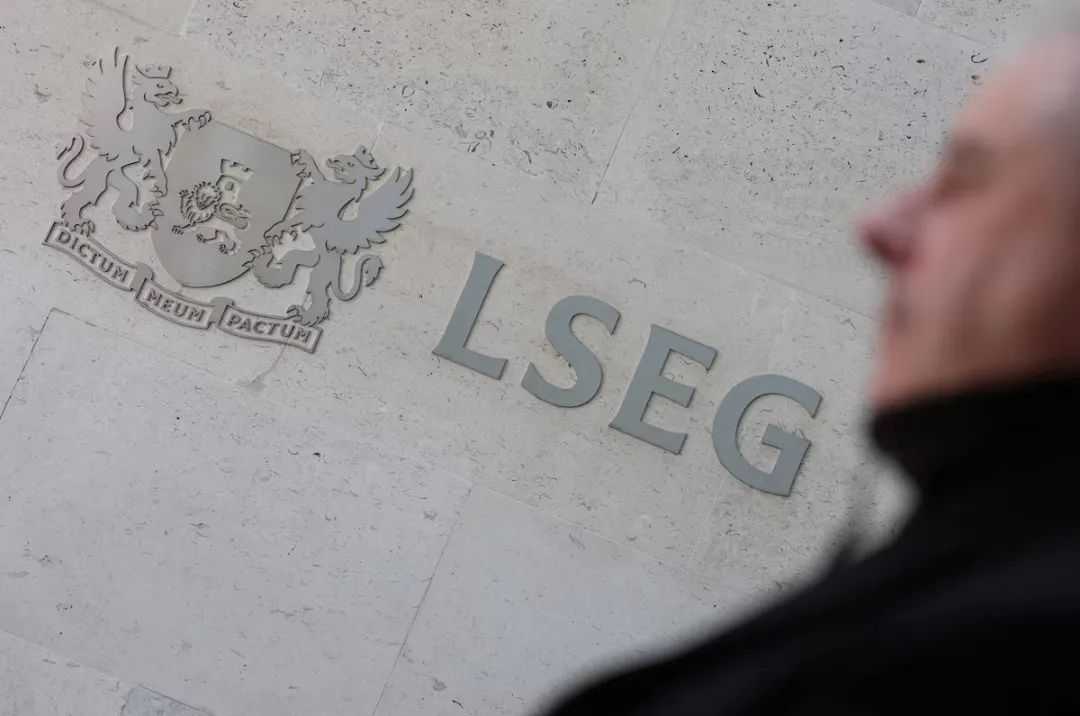Canadian Economy Faces Double Pressure: April PMI Below Boom - Bust Line, Soft Housing Market and Tariff Shock
Canada's economic momentum slowed significantly in April. The Ivey Purchasing Managers' Index (PMI) plummeted from 51.3 in March to 47.9, falling below the boom - bust line for the first time since January. The employment sub - index has contracted for two consecutive months (48.0), and the cost pressure on enterprises has eased slightly (price - payment index 70.0). Meanwhile, the housing market in Toronto is also cooling down. The seasonally adjusted sales volume in April increased by 1.8% month - on - month to 4,267 units, but plummeted by 23.3% year - on - year. The average price dropped by 4.1% year - on - year to 1.066 million Canadian dollars, the fifth decline in six months. New housing supply decreased by 0.7% month - on - month, and the imbalance between supply and demand continues to put pressure on the market.

Source: Images from the Internet, if there is any infringement, please contact the removal of
The economic weakness is mainly due to the double blow of domestic and external demand. Domestically, high interest rates have curbed consumption. Externally, it is affected by the escalation of the trade friction between the United States and Canada. Canada relies on the US market for 75% of its exports. Key industries such as steel, aluminum and automobiles have been hit hard by the 25% tariffs imposed by the US. Exports to the US plummeted by 3.7 billion US dollars in March.
The president of the Toronto Real Estate Board pointed out that consumers are assessing the trade policy risks after the federal election. If the situation eases, it may boost market confidence.









